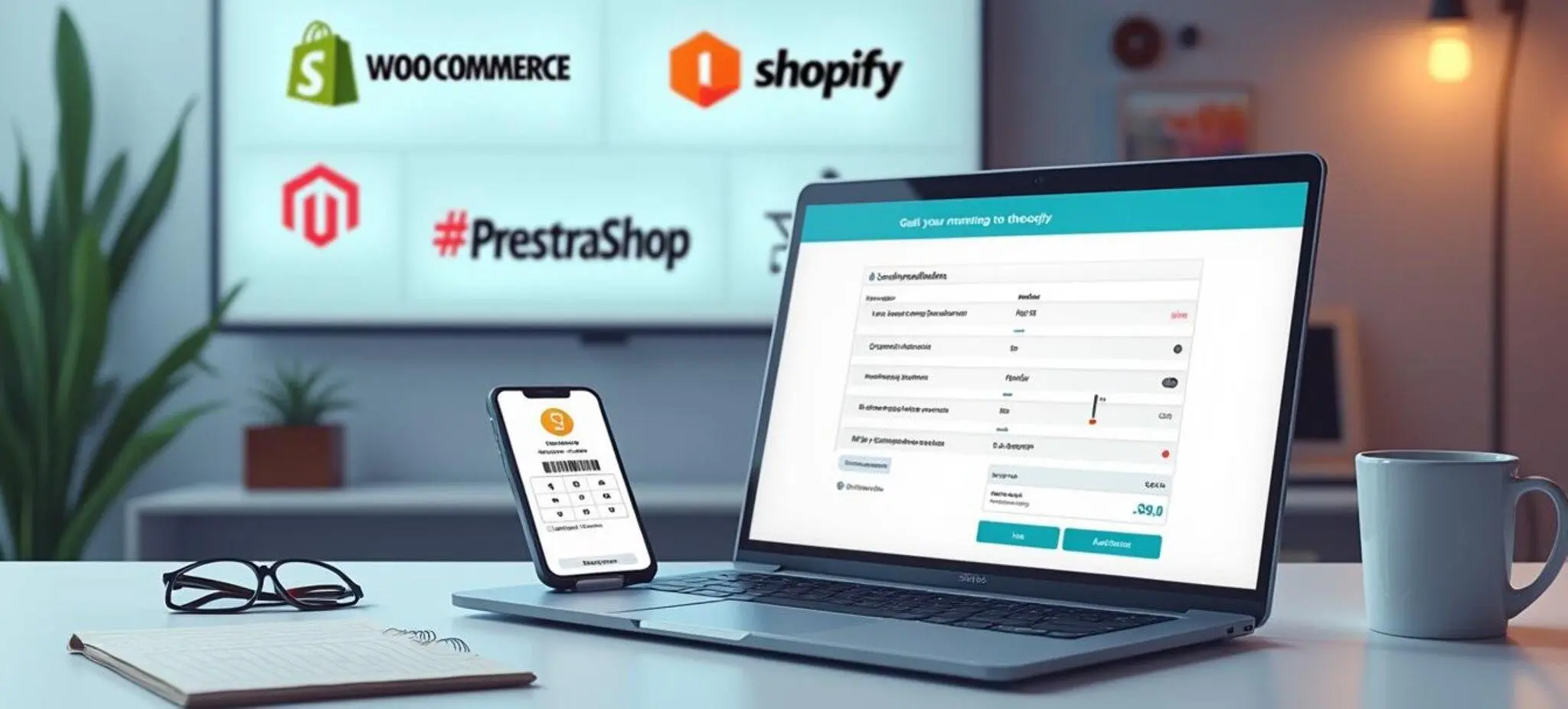You run a business, and your client runs a business. They need your products or services but would like to spread the payment into installments—this way, they can better manage their company budget. Meanwhile, you want to ensure timely payments. Your interests can be aligned. Below, you’ll learn how to make financial management more convenient and predictable.
Installments as a Business Financing Tool
Why do consumers buy on installments? Usually, the reason is simple—they can afford larger purchases without making a single large payment or without having to save up for a desired product over time. Business installments work in a similar way. Installment purchases—whether for products or services like training—allow companies to invest in growth without excessively engaging their own funds.
The line between financing purchases in the B2C and B2B segments is becoming increasingly blurred. Until recently, business customers often faced different conditions than individual consumers. For example, it was more difficult for entrepreneurs to obtain 0% interest financing, and they might not receive a VAT invoice for business purchases. Although it is still good practice to confirm whether a given seller offers installment plans for businesses, entrepreneurs today can usually count on simplified procedures and quick credit decisions, similar to individual customers.
More and more often, installment payment models inspired by consumer finance solutions, such as "buy now, pay later," are being made available to businesses. An example of deferred payments for business is Spingo.
Spingo is one of the many payment methods available through Przelewy24. Discover them all.
Accounting for Business Installment Purchases
The way installment purchases are accounted for depends on several factors, such as whether they involve current expenses or the acquisition of fixed assets, as well as whether they are "0% installments" or if interest is applied:
- For current expenses, the entire invoice amount should be recorded as a tax-deductible expense at the time of issuance, regardless of the installment payment schedule. This means that the entrepreneur accounts for the full obligation immediately, even though the payment is made in installments;
- For the purchase of fixed assets, which are company-owned items intended for use for more than a year, their initial value must be recorded in the fixed assets register and depreciated according to applicable rates. In this case, the full amount cannot be deducted as a one-time expense—depreciation deductions are made over subsequent periods;
- If interest is added to the installments, it can be recorded as a tax-deductible expense, but only when the interest is actually paid. It can be included in the Income and Expense Ledger under column 13 (“other expenses”);
- Additional financing costs (e.g., commission fees) can typically be recorded as company operating expenses.
Private Installment Purchases Used for Business Purposes
Particularly in the case of sole proprietorships, many entrepreneurs wonder whether they can transfer installment-purchased equipment, software, or other goods to their business. First, this is possible as long as the purchase is related to business operations and is properly documented.
Second, if the item is owned by the entrepreneur, the payment method does not affect its usability in the business. However, it is necessary to prepare a statement of transferring private assets for business use (which must include the transfer date and the item's value). Additionally, if the item’s value exceeds 10,000 PLN, it must be included in the fixed assets register and depreciated. If the purchase was made under a private name and the invoice does not include the company’s VAT ID, VAT cannot be deducted. However, the gross value of the device can still be included in business expenses.
Sole proprietorship or large enterprise? Find out which payment solutions are best for your business.
Why Offer Installments for Businesses?
By offering installment plans to your clients, you enable them to gain greater financial flexibility, place larger orders, and improve cash flow management. This facilitates planning and cost optimization. And what do you gain from providing such a solution? The benefits of installment purchases in B2B transactions include:
- Allowing clients to place larger orders,
- Revenue predictability,
- Competitive advantage,
- Increased client loyalty.
Alternative Business Purchase Financing Methods
As mentioned earlier, installment purchases are not the only way companies can finance their needs without overburdening their current budgets. An alternative is business financing options such as PragmaGO x Przelewy24 Finance. This solution allows businesses to quickly access additional funds (from 3,000 to 150,000 PLN) that can be used for any business purpose.
Another option is factoring, a service that finances invoices, providing companies with immediate access to funds that are otherwise tied up in issued but unpaid invoices. Learn more in the article "Business Financing – How Does It Work?".
Entrepreneurs can also use deferred payments for businesses. This convenient tool allows for purchases without immediate payment, giving businesses time to generate revenue from acquired goods or services before settling the balance. Another financing option is the e-loan.
Installments for Businesses: Summary
Office equipment, software and licenses, machinery and devices, increased inventory, production materials, employee training—there are as many ways to use business installment plans as there are entrepreneurs. The common denominator is: the ability to invest in growth without freezing large amounts of capital.
Przelewy24, together with financial partners, offers solutions that allow businesses to take advantage of convenient financing options, installment payments, and deferred payments tailored to business needs. These include PragmaGO x Przelewy24 Finance and Spingo.



